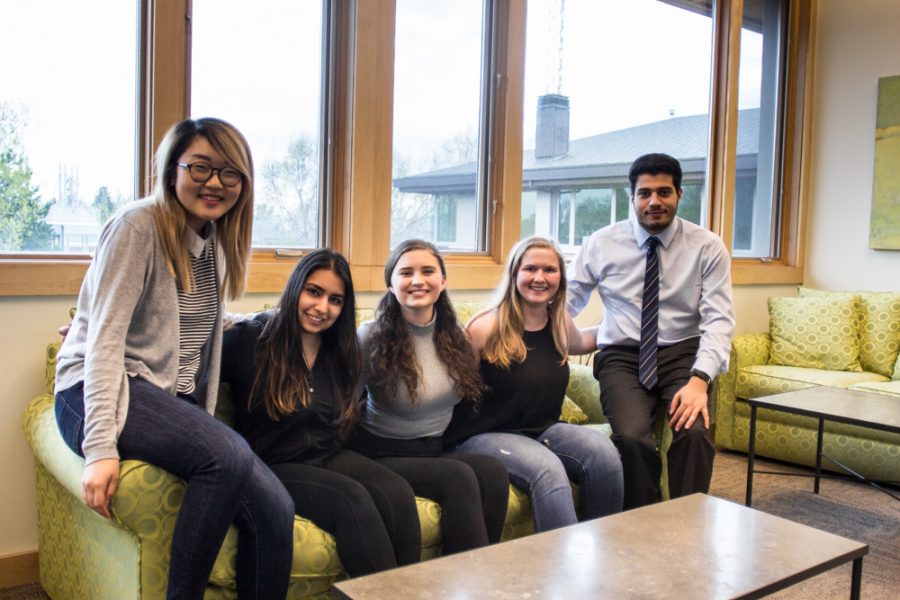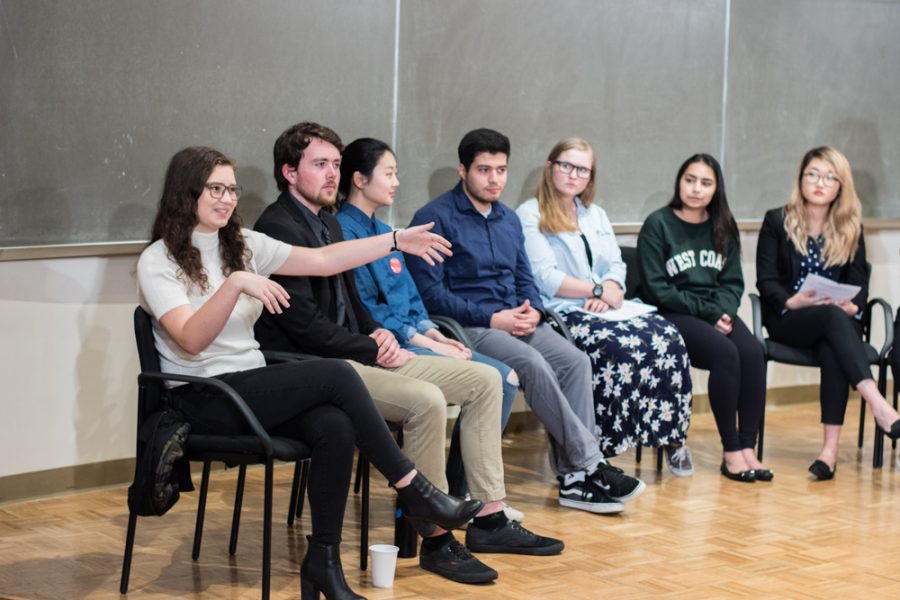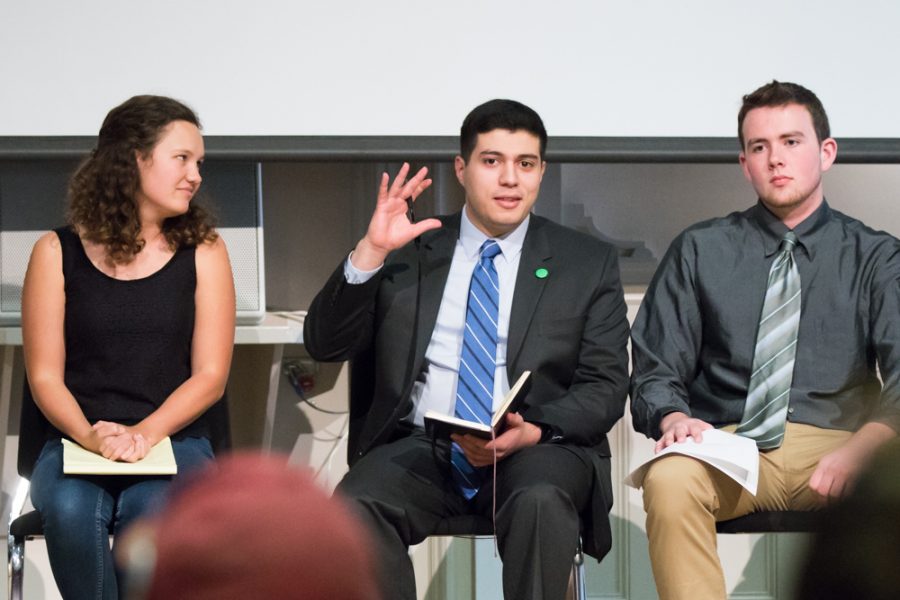Members of the Associated Students of Whitman College (ASWC) may soon discuss a new ASWC By-law which would further restrict alcohol consumption at ASWC-sponsored events.
Under the current By-laws, recognized ASWC clubs have been able to serve alcohol at campus-wide events provided that the club members paid for the alcohol out of their own pockets, not with ASWC funds.
In contrast to what is currently stated in Article II, Section Four of the ASWC By-laws, which specify that “ASWC monies shall not be used to purchase alcohol or elicit drugs,” the By-law in question could expressly prohibit clubs from serving any alcohol at campus-wide events. Clubs found to have violated the By-law would lose ASWC funding for that event and would run the risk of having their ASWC recognition revoked.
“No language for the By-law had been generated and the Finance Committee has only discussed the merits of having such a By-law in place,” Finance Chair junior David Changa-Moon wrote in an e-mail.
Changa-Moon reiterates that no action has been taken yet. According to ASWC officials, a greater enforcement of alcohol policy for clubs could come as a result of alcohol-related student misconduct at recent ASWC-sponsored events. Officials cite ASWC Advisor Andrea Ramirez, who also serves as Director of Student Activities, as the impetus for initiating the discussion about revamping the current alcohol policy.
“She said that this is something that we need to do for liability reasons,” said sophomore Club Clerk Ryan Lum. “Andrea Ramirez started the discussion [about the By-law] with the finance and student affairs committees this fall.”
Changa-Moon supported Lum’s statement that liability was the motivating factor in reviewing alcohol policy. He added that in reviewing existing By-laws, Ramirez’s concern was also to “ensure that ASWC is taking all measures to endorse safe and responsible behavior.”
“Wherever there is alcohol, liability issues follow,” ASWC President senior Elliott Okantey said. “No longer is it enough to know that ASWC money is not being used to purchase alcohol –– now we need to know whether an event put on by a club that [ASWC] supports is serving alcohol.”
However, Ramirez disagreed there would be definite greater enforcement of alcohol policies and claimed that this year’s policies would be merely a continuation of that of previous years. She did not directly comment when specifically asked about her role in instigating discussion and re-evaluation of the current By-laws.
“Any changes to any of the ASWC By-laws will come from an ASWC committee,” said Ramirez in an e-mail.
Some ASWC members, who wish to remain anonymous because of their positions, have questioned Ramirez’s role in the drafting of the By-law. They cite a possible departure from the usual By-law process as cause for their concern.
Traditionally a By-law is suggested by an ASWC Senator to the Student Affairs and Student Policy Committees. If approved, it is introduced to the Senate floor and is then voted on by the Senate and members of the Executive Council, and either passes or fails.
In this case, however, senators say Ramirez suggested and introduced the By-law herself instead of through an ASWC Senator.
When asked if ASWC officials felt pressure from their advisor to consider revamping the current alcohol policy, Lum affirmed that he did feel pressure.
Another ASWC insider did not criticize Ramirez’s actions, but did say her role as both ASWC Advisor and Director of Student Activities was interesting.
Clubs receive ASWC funding as well as resources from the Student Activities Office. The fact that ASWC and the Activities Office both have different policies, underscores the complexity of the relationship between Ramirez and ASWC.
Ramirez directed requests for further comment on this matter to ASWC officials.
The By-law will be discussed at the upcoming Finance Committee and Student Affairs Committee meetings. These meetings are open to the public, and Changa-Moon invites anyone interested in learning more about the By-law to attend. It will also be discussed at the Executive Council meeting on Tuesday, Oct. 28 at 12 p.m. in Reid 240.
If approved by the Student Affairs and Policy Committees, the Senate and Executive Committee will vote on the proposed By-law on Nov. 2.
Lum is confident that the By-law, will in some form, be passed.
“I’m pretty sure that this is going to pass. It might not pass entirely in its original form, but the overall idea behind it will be accepted,” Lum said.








